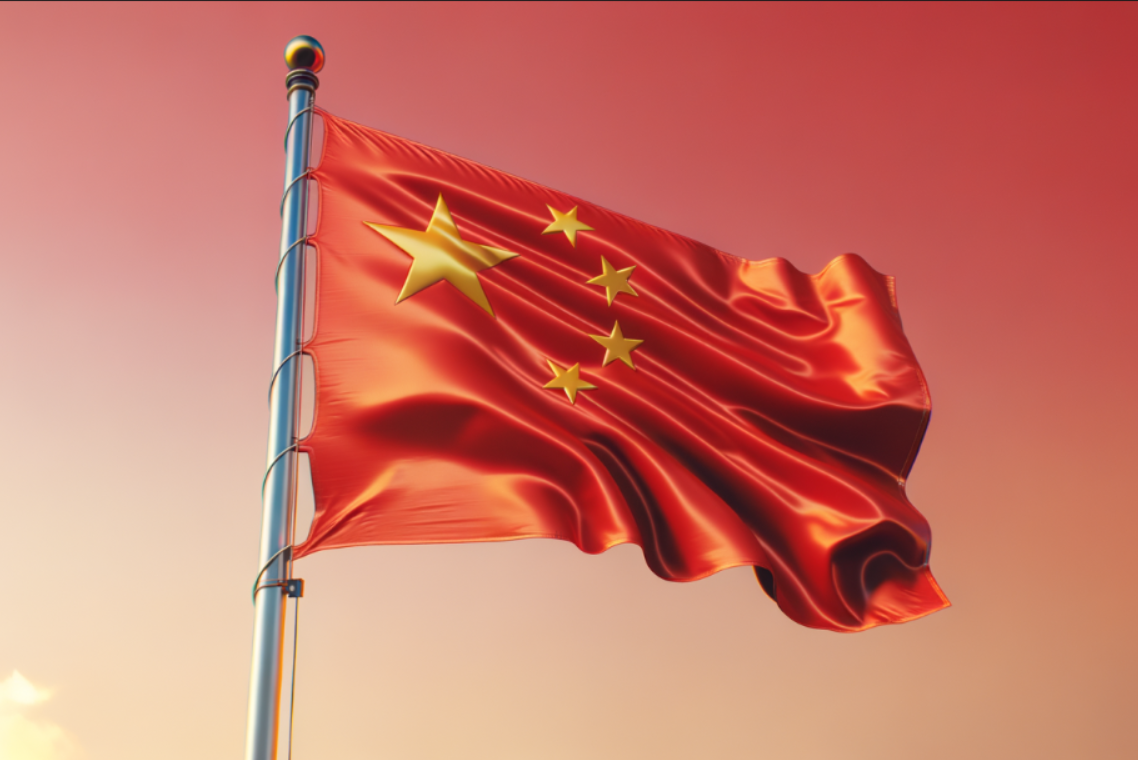China’s Dollar Divorce Accelerates Beyond Predictions - Here’s What It Means for Global Finance
Beijing's decoupling from the dollar system hits hyperdrive—faster than any analyst projected.
The De-Dollarization Domino Effect
China isn't just talking about reducing dollar dependence anymore. They're executing at breakneck speed, leaving traditional financial institutions scrambling to keep up. The move signals a fundamental shift in global economic power dynamics that could reshape international trade for decades.
Digital Yuan Leads the Charge
While Wall Street debates Fed policy, China's rolling out central bank digital currency infrastructure that bypasses dollar clearing systems entirely. Their cross-border payment network now handles transactions that would traditionally flow through New York or London.
Gold Reserves Stack While Dollar Holdings Drop
Official numbers show Beijing diversifying reserves at unprecedented rates—loading up on gold while trimming dollar exposure. They're building financial fortresses outside the dollar system, creating parallel structures that operate by different rules.
Trade Partners Pivot to Yuan
More nations now settle China trade in yuan rather than dollars, creating de facto yuan zones across Asia and beyond. The dollar's monopoly on international trade faces its most serious challenge since becoming the world's reserve currency.
Traditional finance might dismiss this as political posturing, but the numbers don't lie—while hedge funds chase quarterly returns, China's playing chess with the entire global financial architecture. Sometimes the biggest shifts happen while everyone's watching the ticker.
China’s New Super Power

The US dollar was once a prized asset, known for its unique legitimacy, which allowed the currency to bask in all its perks without having any competitors. The times have changed dramatically. That very same currency has now fallen to the core, having lost 98% of its purchasing power since the 1970s. Moreover, the constant weaponization of the dollar, with a spree of sanctions levied by the US, compelled the nations to look for viable alternatives, the ones that are easy to deal with and transact with.
This scenario gave birth to an alternate phenomenon, with countries looking forward to transacting with currencies that are less volatile than the USD. In this league, the Chinese Yuan secured the highest numbers, as the country was looking at a primary opportunity to secure its dominance. Per a recent Economist article, China’s internationalization is happening at a rapid pace. Post Trump’s election, the yuan’s popularity has hit new highs as the USD tanked to its lowest value point.
The New Plan Of Action
Per the Economist, Chinese leaders are of the opinion that a globally accepted yuan can help protect their exporters from rapidly declining dollar movements. Moreover, the nation is desiring to develop the yuan into a full-fledged asset, keeping it as an attractive monetary asset to explore in recent times.
Chinese Yuan’s CIPS Progress
China has also launched its own CIPS system to tackle SWIFT’s financial prowess in the domain. CIPS allows China to transact globally without using the dollar, with the system roping in nearly 1700 global banks to initiate the process.
The Economist reports: "China is ditching the dollar, fast".
Over 30% of China’s trade in goods & services is now done in its own currency, RMB.
China settles over 50% of its total cross-border receipts (including financial flows) in yuan, up from less than 1% in 2010.
Link:… pic.twitter.com/vojDu0qsFH
Norton further quoted the article, adding how China is rapidly de-dollarizing, using the yuan in almost all of its global transactions.
After Western "sanctions were imposed on Russia in 2022, Chinese banks switched nearly all of their new overseas lending out of dollars and into yuan (previously only 15% of loans were made in yuan), thereby tripling the stock of outstanding yuan debt".https://t.co/5IYY5J9CjC pic.twitter.com/U0XgVPZ7dJ
— Ben Norton (@BenjaminNorton) September 13, 2025
